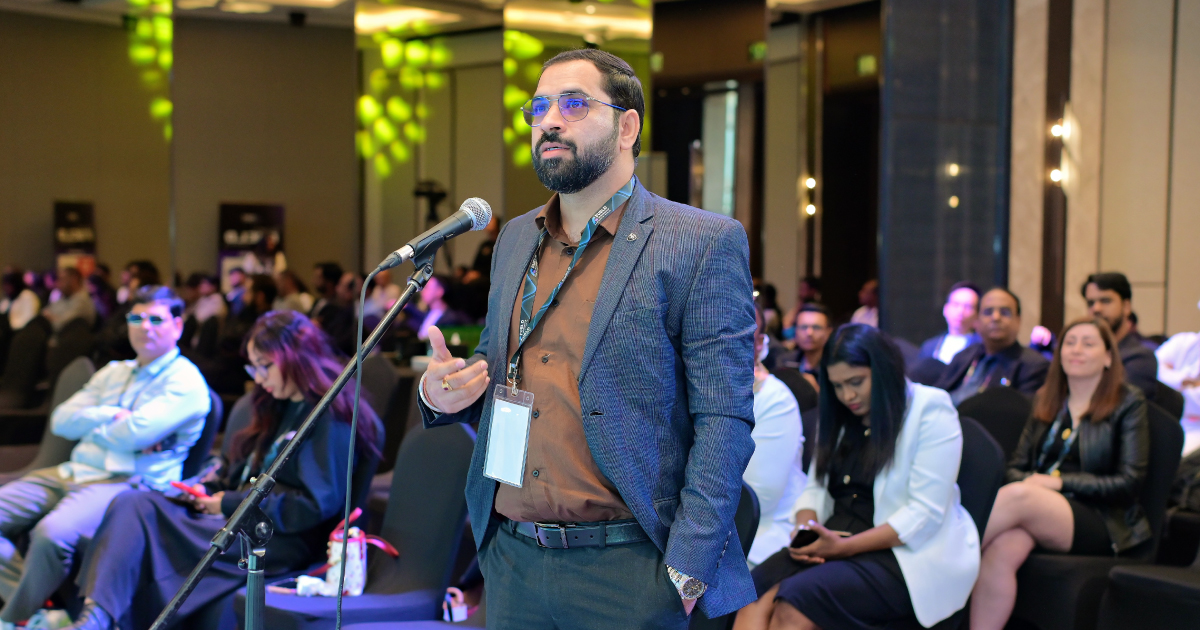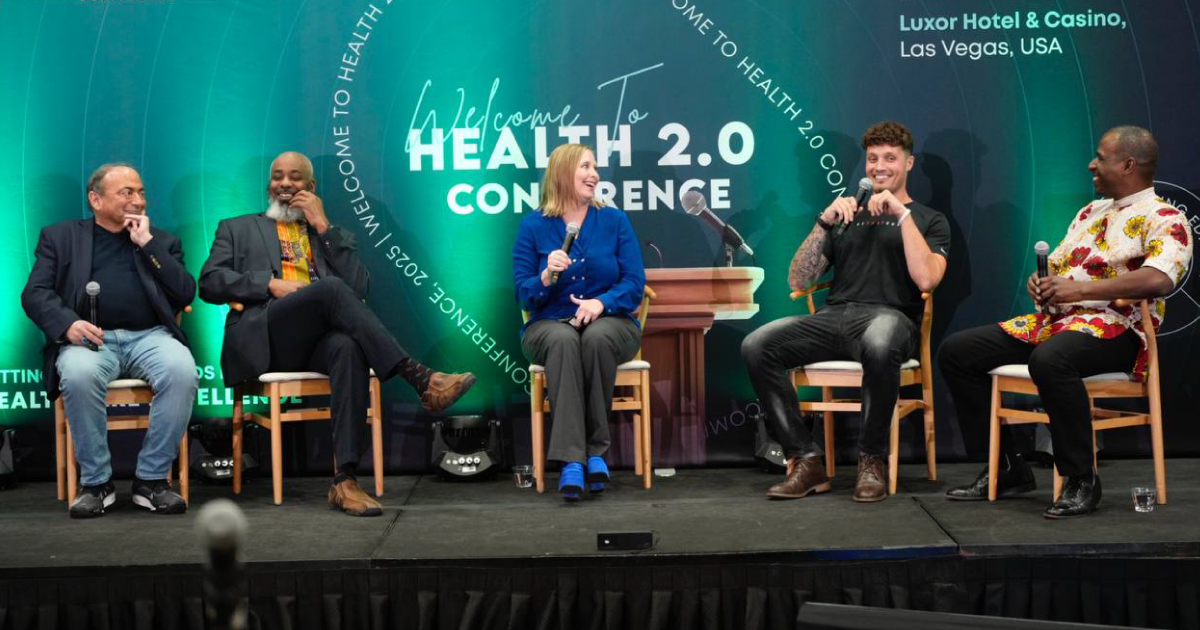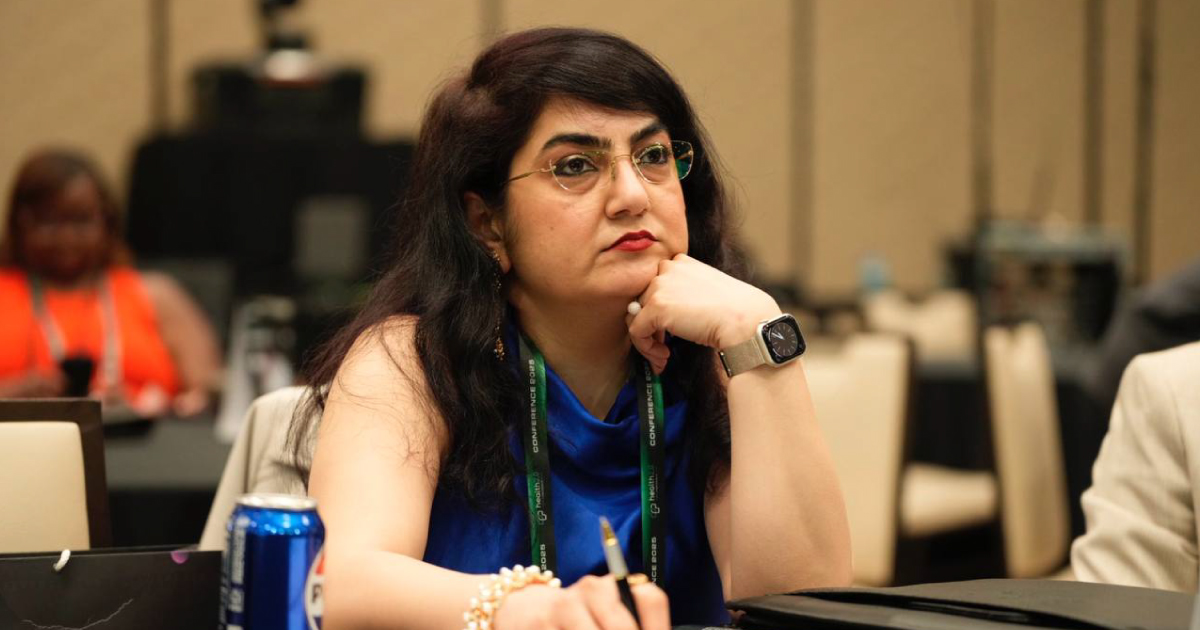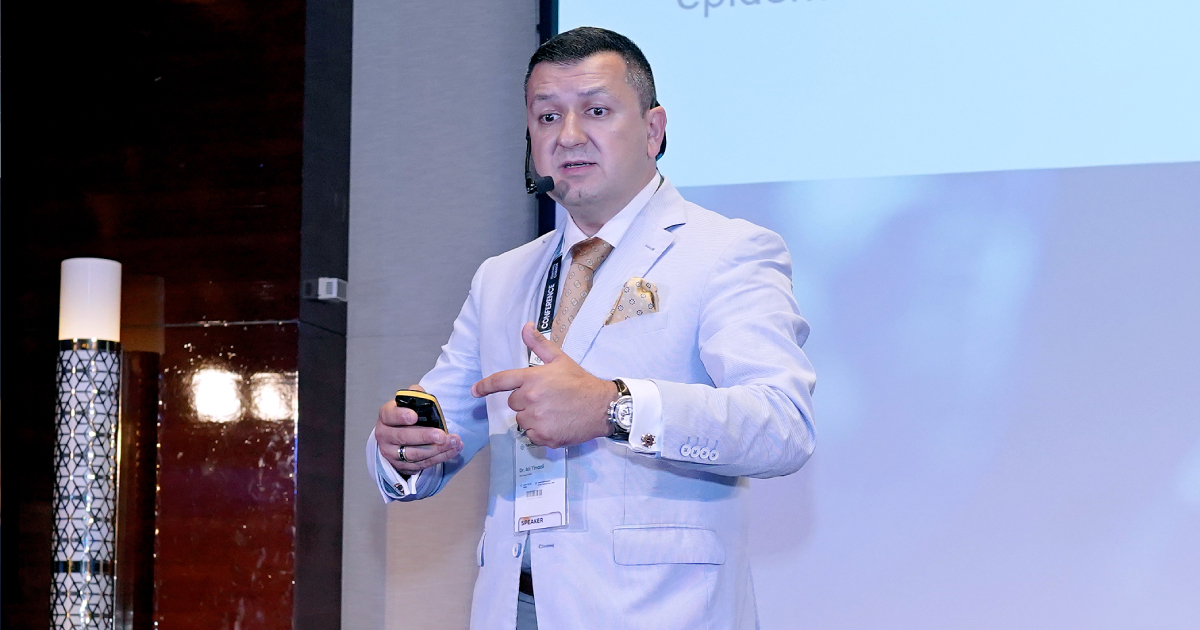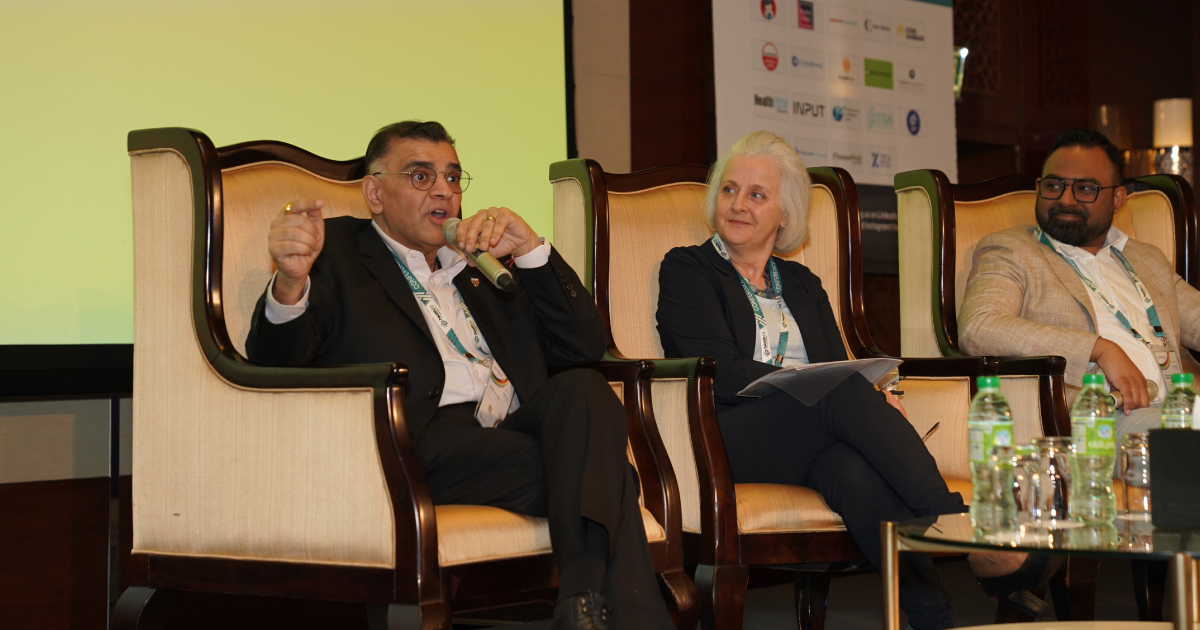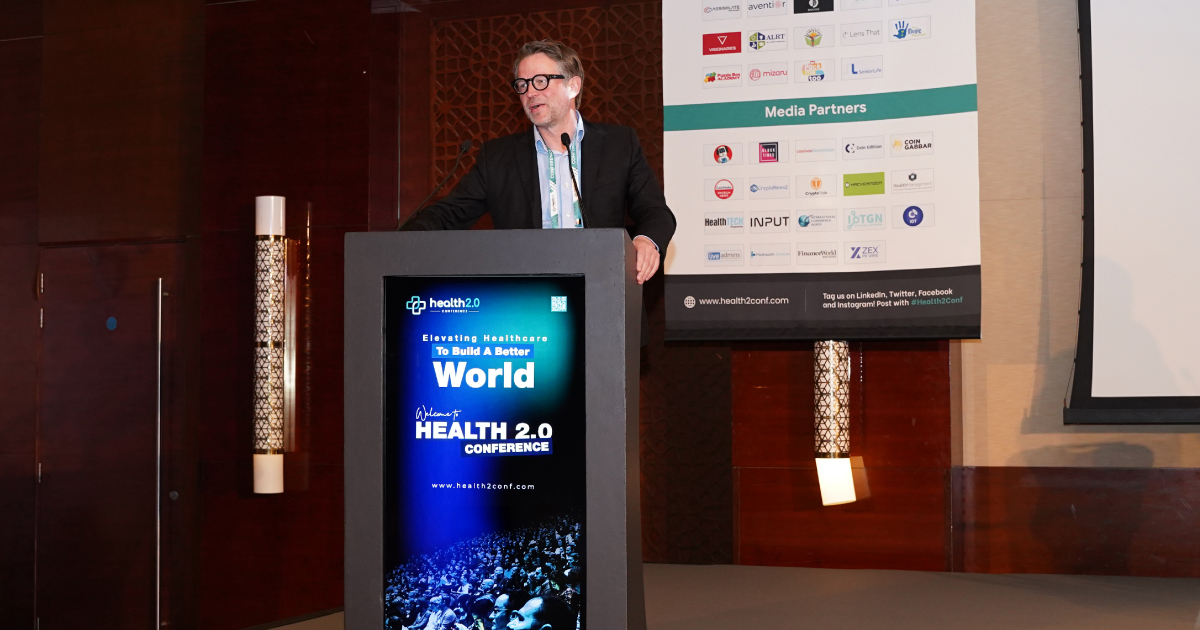What if your next breakthrough in patient care came from a machine that learns as fast as your top medical team? AI is no longer a buzzword in healthcare. It is changing how we diagnose, treat, and even prevent illness. From virtual health assistants to predictive analytics, artificial intelligence is rewriting the rules of patient care and pushing the boundaries of what technology can do inside hospitals and beyond.
At our health conference in Dubai, the spotlight is on real-world applications that are driving measurable improvements across the care continuum. The Health 2.0 Conference is also celebrating the breakthroughs that are setting new standards for AI-powered healthcare.
Here are five AI trends that every health professional, policymaker, and tech innovator should keep an eye on in 2025.
1. AI Takes The Lead In Clinical Decisions
Imagine a clinical assistant that never tires, analyzes thousands of patient cases in seconds, and offers recommendations based on the latest global research. That is exactly what AI is bringing to the frontlines of modern medicine. In 2025, artificial intelligence is not just speeding up diagnostic workflows; it is becoming a trusted partner in clinical decision-making across specialties.
From interpreting complex imaging to supporting diagnosis at the bedside, AI tools are helping clinicians make faster and more informed choices. These systems are integrated into electronic health records, offering real-time suggestions during consultations. Providers remain entirely in control, but with AI working behind the scenes, they gain an extra layer of insight that enhances precision and confidence in patient care.
2. Building Smarter AI Starts With Smarter Health Data
AI is unlocking new possibilities in healthcare through intelligent, data-driven systems. At our 2025 global health conference, leaders emphasized the importance of utilizing diverse and representative health data to develop more inclusive AI tools. Developers, hospitals, and policymakers are actively working to ensure that every patient group is represented in training datasets. With smarter health data at its core, AI is helping deliver more personalized and equitable care across the board.
This shared commitment is already visible across sectors, with stakeholders taking clear steps to create more equitable and trustworthy AI:
- Developers are expanding their data collection efforts to include a broader range of demographics, ensuring better representation of historically underserved communities.
- Hospitals and research institutions are conducting fairness audits to identify gaps and ensure that AI systems deliver consistent outcomes across various demographics, including race, gender, age, and socioeconomic background.
- Policymakers are developing new standards that promote transparency and accountability in the sourcing, labeling, and application of health data.
Responsible AI development begins long before an algorithm runs. It starts with data that captures the complexity of real-world care and respects the people it is meant to serve.
3. Smarter Workflows Start With Generative AI In Healthcare
In 2025, generative AI will do more than just speed up processes. It is transforming how healthcare teams operate. From clinical documentation to resource management, AI-powered tools are creating seamless workflows that let providers focus more on care and less on coordination.
During patient visits, generative AI captures conversations and generates accurate, structured clinical notes in real time. This reduces the need for after-hours charting and helps ensure essential details are never lost. Hospitals are also using AI to streamline scheduling, manage administrative tasks, and predict staffing needs based on patient volume trends.
Experts at the Health 2.0 Conference have highlighted how these tools are reshaping productivity across healthcare settings. By integrating AI into daily routines, organizations are seeing fewer delays, improved accuracy, and more connected care teams. Generative AI is not replacing people. It is supporting them with more intelligent systems that reduce burnout, save time, and bring renewed focus to what matters most—patient care.
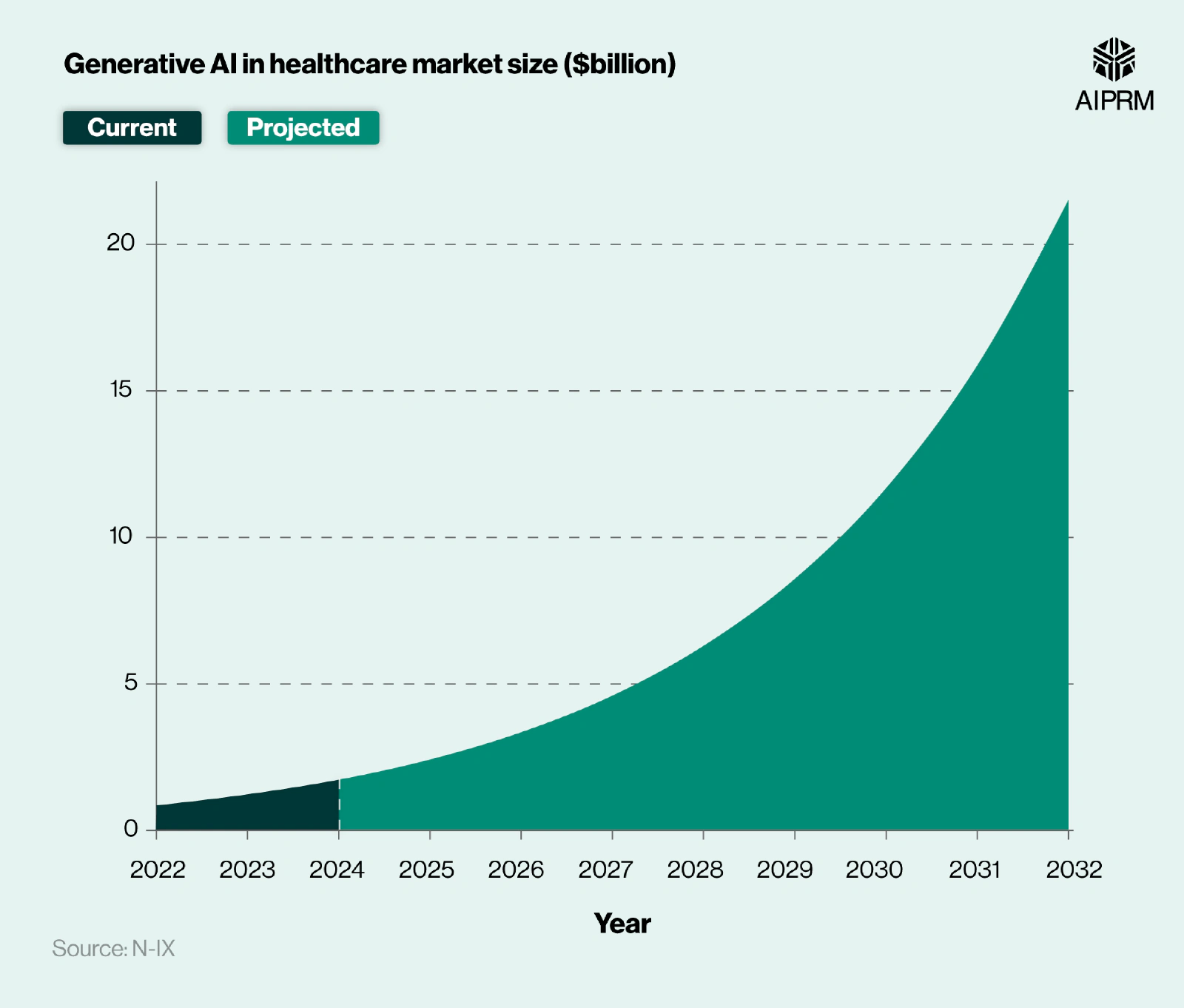
Source: AIPRM
4. Advancing Healthcare AI With Ethical & Transparent Frameworks
As AI adoption grows in healthcare, regulatory frameworks are evolving to promote transparency, safety, and real-world accountability. Compliance is becoming a key driver of trust, helping developers and care teams align innovation with patient-centered values. Clearer standards are paving the way for responsible and scalable AI integration across the system.
- New standards clarify how AI tools must be validated before they are used in clinical settings.
- Developers are expected to document how AI systems reach their conclusions, making transparency a non-negotiable requirement.
- Health systems are being held accountable for monitoring how AI performs over time, particularly in high-risk applications such as diagnostics or triage.
As regulations evolve rapidly, healthcare leaders are focusing on developing AI systems that are safe, transparent, and future-ready. At our 2025 global health conference, discussions emphasized the need for clear standards and accountability, ensuring that AI tools support innovation while protecting patient trust and advancing responsible digital health adoption.
5. Building Trust In AI For Better Healthcare Delivery

For AI to truly support healthcare at scale, it must earn the confidence of both patients and care teams. That trust begins with clear standards, ethical design, and transparency in how AI systems make decisions. As new technologies become part of clinical and operational workflows, the importance of explainability and accountability is growing rapidly.
Healthcare leaders are embracing evolving regulatory frameworks not as limitations but as essential tools for safer and more effective innovation. With thoughtful guidelines in place, AI is positioned to become a trusted partner, enhancing decision-making, improving outcomes, and helping deliver care that is both efficient and patient-centered.
The Future Of Healthcare Belongs To AI-Ready Systems!
AI is no longer a distant concept. It is now a driving force that is transforming how care is delivered, how decisions are made, and how systems operate across the healthcare landscape. From enhancing diagnostics to personalizing treatment and simplifying workflows, AI is helping healthcare professionals work smarter with greater confidence and clarity.
At our global health conference in Dubai, industry leaders are highlighting how real-world AI solutions are improving care at every level. The Health 2.0 Conference continues to showcase powerful innovations that are shaping the future of digital health. The path ahead depends on collaboration among clinicians, innovators, and policymakers who are committed to building intelligent, ethical, and accessible systems. AI is not here to replace the human touch. It is here to support it and help deliver better, more equitable care for all.
FAQs
Q. How is AI being used in preventive healthcare in 2025?
A. AI is enabling early detection of health issues through continuous monitoring, wearable integration, and risk prediction models. It helps flag conditions before symptoms appear, allowing for timely intervention. This proactive approach improves long-term patient outcomes and reduces system-wide treatment costs.
Q. What role does AI play in mental health support today?
A. AI-driven platforms offer personalized therapy, mood tracking, and early detection of behavioral health risks. Chatbots and virtual mental health assistants are helping fill gaps in access to care. While not a replacement for therapists, they serve as an effective support tool between sessions.
Q. Where and when will the upcoming Health 2.0 Conferences be held?
A. The 2025 Health 2.0 Conference will take place at the InterContinental Dubai Festival City from December 8 to 10, 2025, bringing together global leaders in healthcare innovation. The 2026 edition is scheduled for April 7 to 9, 2026, at the Bellagio Hotel & Casino in Las Vegas, offering a dynamic space for discussions on AI, digital health, and future-focused care.
Q. How are AI tools being evaluated for safety in clinical environments?
A. AI systems undergo clinical validation, including testing against medical benchmarks and real-world datasets. Regulatory bodies now require transparency in how AI makes decisions. Monitoring performance over time ensures continued safety and reliability in patient-facing roles.
Q. Can an attendee join both the Dubai and Las Vegas editions of the Health 2.0 Conference?
A. Yes, attendees are encouraged to experience both editions, as each offers a unique atmosphere and learning opportunity. The Dubai and Las Vegas conferences feature different speaker lineups, distinct vibes, and tailored session themes. Attending both provides a more comprehensive view of healthcare innovation and expands networking across diverse professional communities.






